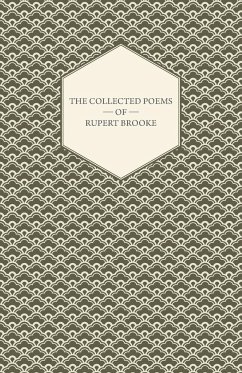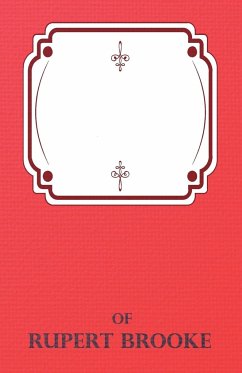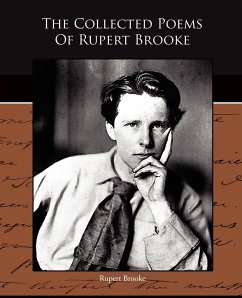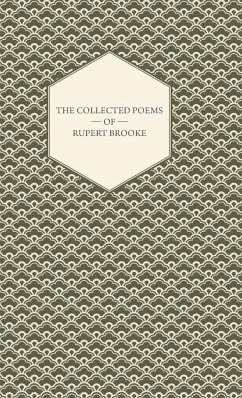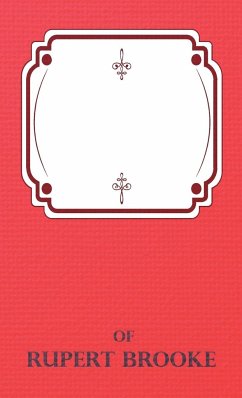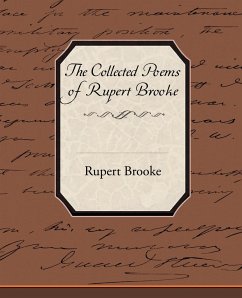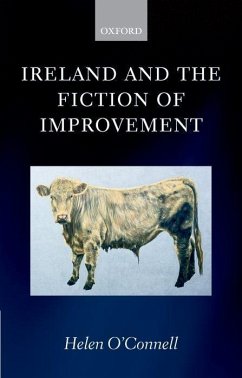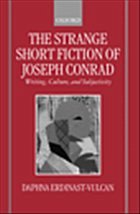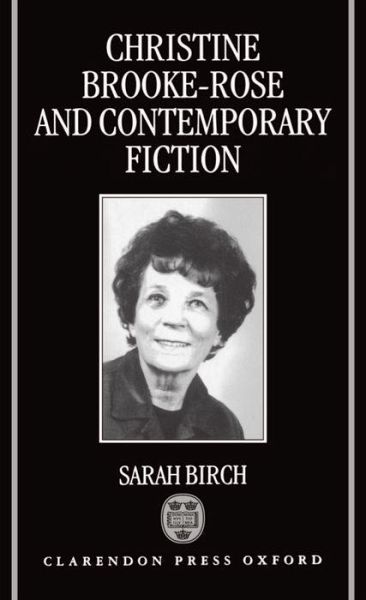
Christine Brooke-Rose and Contemporary Fiction
Versandkostenfrei!
Versandfertig in 1-2 Wochen
134,99 €
inkl. MwSt.

PAYBACK Punkte
67 °P sammeln!
This is the first, full-length study of the fiction of Christine Brooke-Rose, one of the most innovative and yet critically neglected of contemporary British writers. Setting her work firmly in the context of English and French writing as well as literary and feminist theory, Sarah Birch examines the full range of Brooke-Rose's fiction: the early realist novels published between 1957-1961; the strongly anti-realist period beginning with Out (1964), when Brooke-Rose's work was seen to be heavily influenced by French experimental fiction; and the third phase of her development which began with X...
This is the first, full-length study of the fiction of Christine Brooke-Rose, one of the most innovative and yet critically neglected of contemporary British writers. Setting her work firmly in the context of English and French writing as well as literary and feminist theory, Sarah Birch examines the full range of Brooke-Rose's fiction: the early realist novels published between 1957-1961; the strongly anti-realist period beginning with Out (1964), when Brooke-Rose's work was seen to be heavily influenced by French experimental fiction; and the third phase of her development which began with Xorandor (1986) and which marks a questioning return to the traditional techniques of the novel. Sarah Birch asks why a novelist who has been so highly praised by critics is nevertheless excluded from the contemporary canon, and argues that Brooke-Rose's position on the borders of European and British cultures raises key questions concerning the notion of a 'national' tradition and of literary post-modernism. For Birch, Brooke-Rose's work is best understood as a poetic and playful questioning of categories in general, be they discursive or cultural. Drawing on a detailed knowledge of literary theory, this is a major study of an important but critically neglected novelist and a perceptive analysis of the position of contemporary experimental writers.






